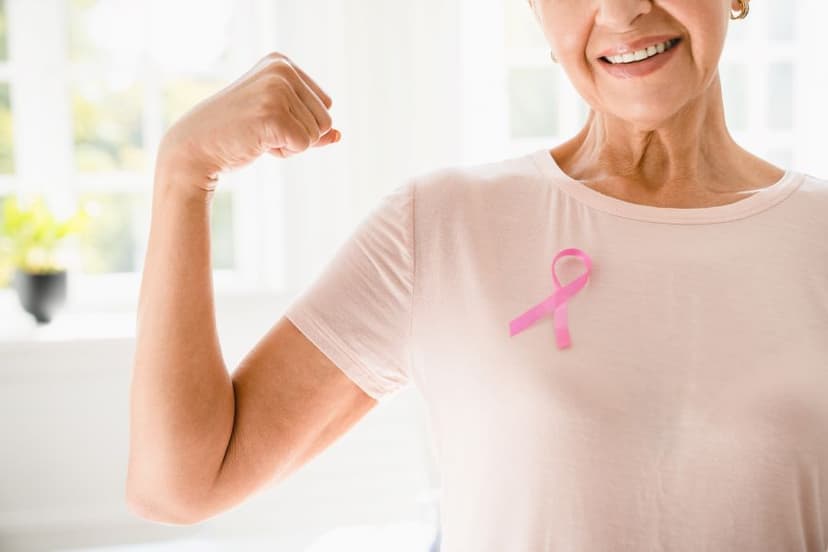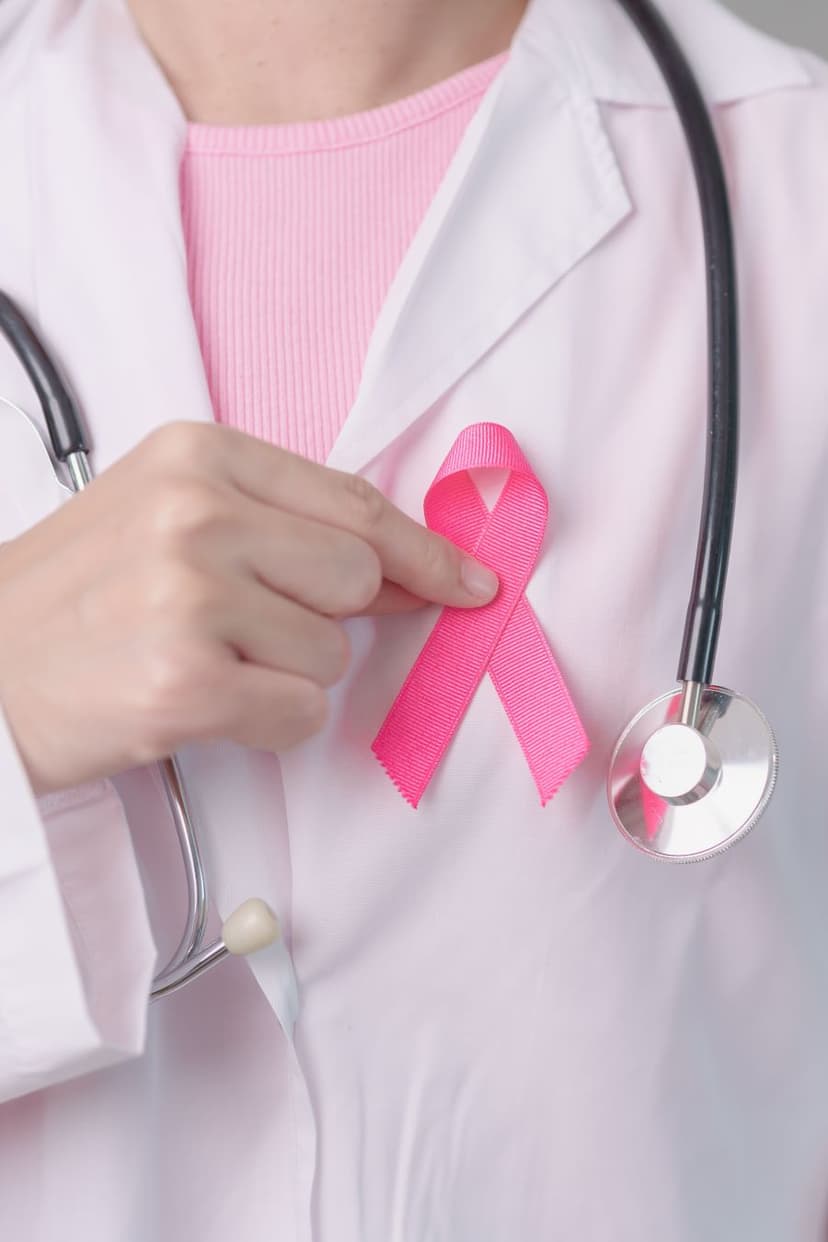Early Detection and Support for Breast Cancer in Seniors
Dorothy Wilson • October 8, 2024 • 2 min
Early detection of breast cancer is crucial for seniors, as the risk increases with age. Recognizing symptoms like lumps, skin changes, or nipple discharge can lead to timely diagnosis. Combined with advanced treatments and lifestyle adjustments, proactive awareness supports effective management and improves outcomes for seniors facing breast cancer challenges.

Recognizing Early Symptoms of Breast Cancer in Seniors
As individuals age, the risk of developing breast cancer increases. Recognizing early symptoms ensures prompt diagnosis and treatment. Seniors should be vigilant about changes in their breasts, including:
- Lumps or Thickening: Any new or unusual lumps should be checked by a healthcare professional, as not all lumps are cancerous.
- Changes in Breast Shape or Size: Noticeable changes should be assessed as they might indicate underlying issues.
- Nipple Discharge or Retraction: Non-breast milk discharge, or a nipple that turns inward, should be evaluated.
- Skin Changes: Look for dimpling, redness, or scaling on the breast skin or around the nipple area.
Regular self-examinations and mammograms aid early detection, particularly benefiting seniors.
Advances in Breast Cancer Treatment
The landscape of breast cancer treatment is continually evolving, providing new hope for seniors diagnosed with the disease. Recent advancements include:
- Targeted Therapy: These treatments focus on specific characteristics of cancer cells, offering a personalized approach that can be more effective and cause fewer side effects.
- Immunotherapy: This treatment uses the body's immune system to fight cancer cells and has shown promise in treating various forms of cancer, including breast cancer.
- Advancements in Radiation Therapy: New techniques allow for precise targeting of cancer cells, minimizing damage to healthy tissue and reducing side effects.
Staying informed about the latest treatment options enables seniors and their caregivers to make educated healthcare decisions.
Supporting Seniors with Breast Cancer
Support is crucial for seniors navigating a breast cancer diagnosis. Ways to provide assistance include:
- Emotional Support: Encourage open communication, listen actively, and offer empathy. Support groups can also provide community and understanding.
- Practical Help: Offer assistance with daily tasks, such as cooking, cleaning, or driving to appointments, to alleviate stress.
- Education and Advocacy: Help seniors understand their diagnosis and treatment options. Accompanying them to appointments ensures they have an advocate to help ask questions and remember information.
A strong support system significantly impacts the well-being and recovery of seniors battling breast cancer.

Prevention Tips and Risk Factors
While some risk factors, such as age and genetics, cannot be changed, several lifestyle choices can help reduce the risk of developing breast cancer:
- Healthy Diet: Consuming a diet rich in fruits, vegetables, and whole grains supports overall health and potentially lowers cancer risk.
- Regular Exercise: Engaging in regular physical activity helps maintain a healthy weight and reduces the risk of breast cancer.
- Limiting Alcohol: Reducing alcohol consumption is linked to a lower risk of breast cancer.
- Avoiding Smoking: Smoking cessation is crucial, as it is a well-known risk factor for many types of cancer, including breast cancer.
Understanding these risk factors and making proactive lifestyle changes empower seniors to take control of their health.
Conclusion
Early detection and support are vital in managing breast cancer in seniors. Recognizing early symptoms, staying informed about treatment advances, and providing robust support networks enhance the quality of life and outcomes for seniors affected by this disease. Empowering seniors with knowledge and resources is key to navigating their breast cancer journey with confidence and resilience.
Disclaimer: This article is for informational purposes only and is not a substitute for professional medical advice, diagnosis, or treatment. Always seek the advice of your physician or other qualified health provider with any questions you may have regarding a medical condition.